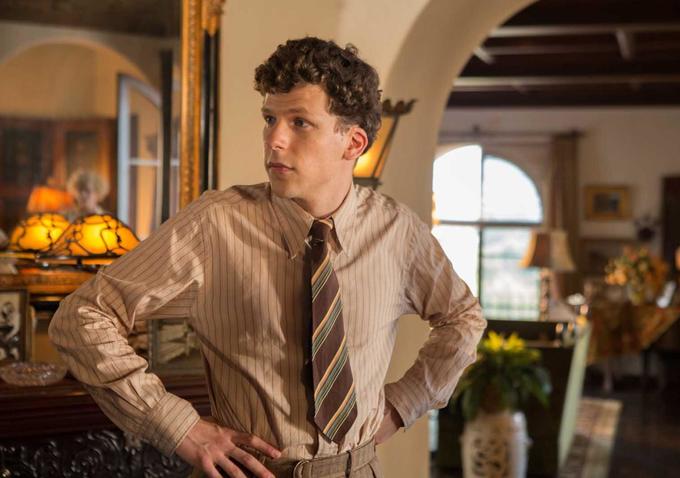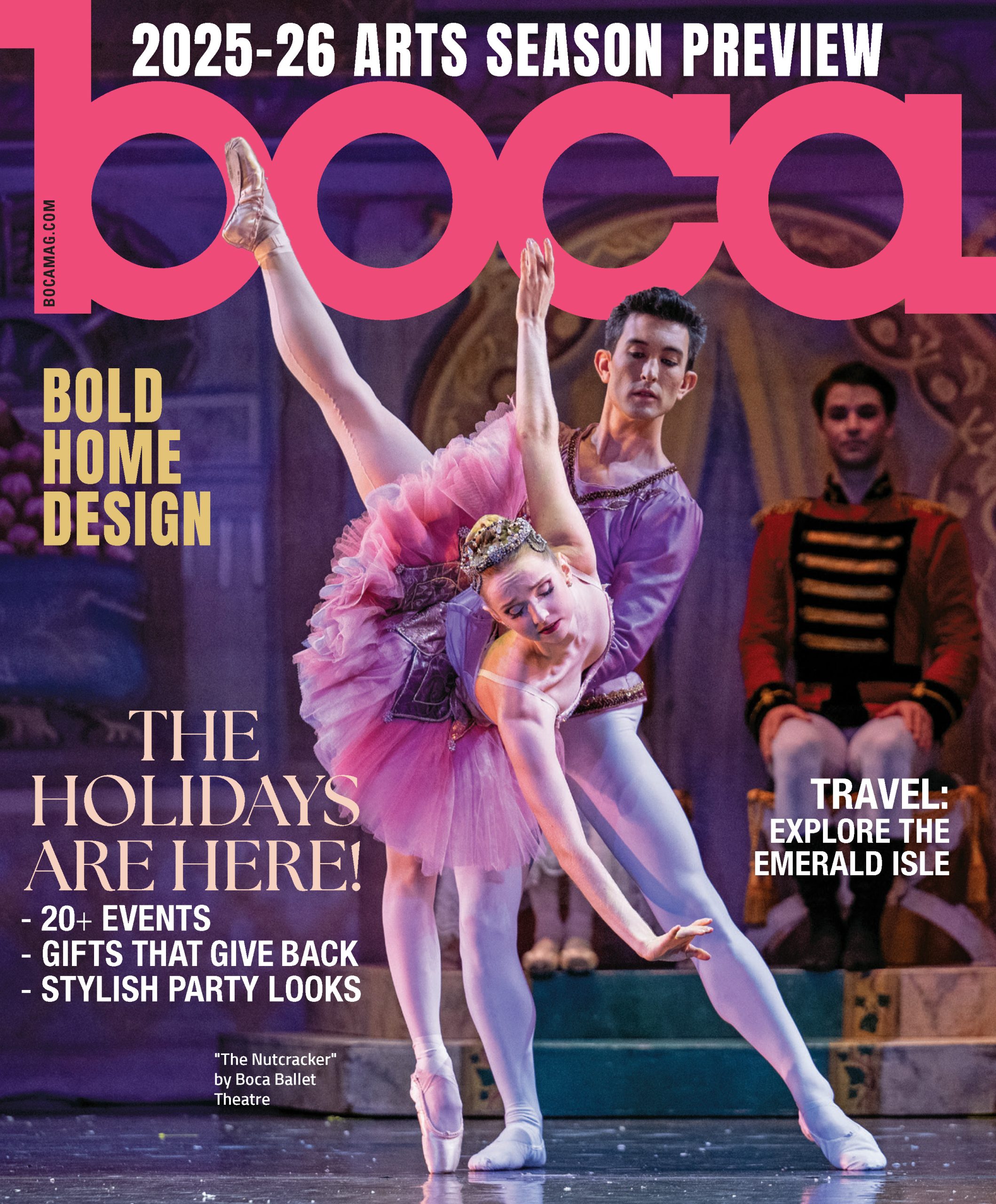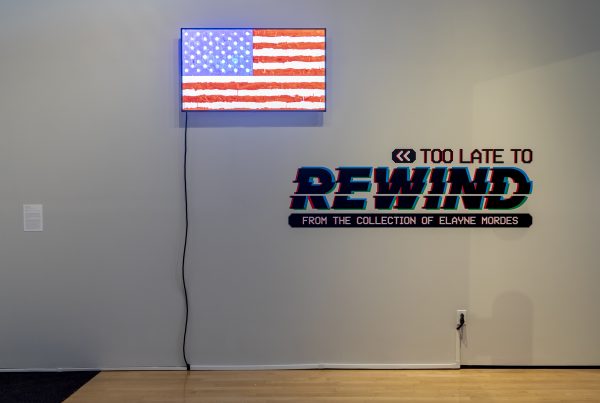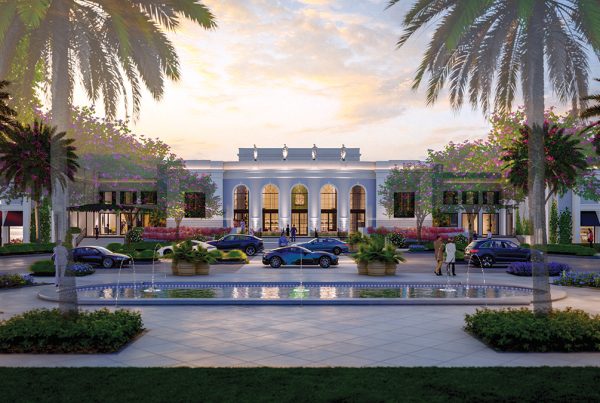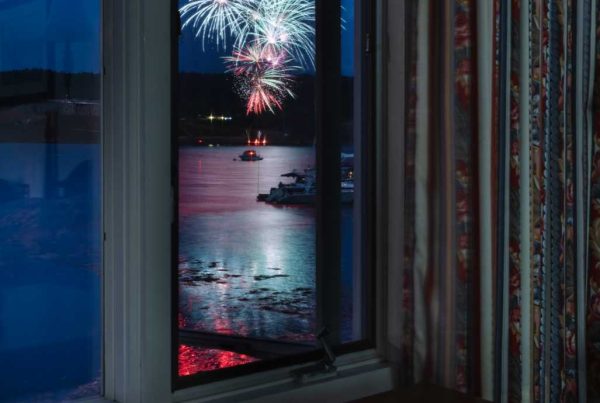
To cut right to the chase, “Café Society” is Woody Allen’s best comedy since “Midnight in Paris.” This isn’t to suggest that it even approaches any of the peaks in his erratic line graph of a career, nor is it a meaningless superlative: “Midnight in Paris” was pretty great, and “Café Society” is decidedly pretty good. He should take the compliment.
Slight, breezy and not too inside-baseball, “Café Society” is set in 1930s Los Angeles. It’s awash in nostalgia for the old Hollywood studio system, and for the power brokers wheeling, dealing, lunching and carousing behind the scenes. The film is as much a love letter to classic Hollywood as Allen’s “Bullets Over Broadway” was a tribute to classic stagecraft: Gangsters, dreamers and showbiz aspirants populate both screenplays.
The movie’s $30 million budget—which ranks “Café Society” as the second-most-expensive film of Allen’s career—was well spent re-creating these charmed lives. Allen’s features are rarely lauded for their pictorial beauty, but “Café Society” is a ravishing exception. The lavish movie palaces, grand Beverly Hills mansions, manicured gardens and ornate nightclubs transport spectators to regions of conspicuous affluence, all of it filmed with a gilded radiance by legendary cinematographer Vittorio Storaro.

Into this den of wealth, corruption and hedonism enters Bobby Dorfman (Jesse Eisenberg), the humble Jewish son of a New York jeweler. This movie’s nervous, nebbishy surrogate for the younger Allen (you can almost always find one!), Bobby is seeking employment from his uncle Phil (Steve Carell), a high-powered agent who wears three pocket squares and drops so many names in casual conversation they block his path.
Bobby takes a job as his gofer while growing increasingly smitten with his uncle’s secretary, Vonnie (Kristen Stewart), whose earthy beauty and resistance to the glittering excesses of the rich and famous beguile him. If only she didn’t have a boyfriend to jettison … and if only that boyfriend wasn’t someone Bobby knows all too well.

The narrative setup is more satisfying than the payoff. As “Café Society” winds toward its bittersweet denouement, its plot evolution feels increasingly pedestrian and fairly easy to forecast. Even Allen grows diverted from the central love triangle, spending more time with Bobby’s effectively quirky extended family: his older brother Ben (Corey Stoll), a mob-affiliated nightclub impresario, and his brother-in-law Leonard (Stephen Kunken), a bookish Communist who speaks lines you’ll only hear in an Allen film, like the phrase “pondering the relentlessness of time.”
Bobby’s assertion, meanwhile, that “life is a comedy written by a sadistic comedy writer” has been realized in more superior Allen films than this one. But the period suits the writer well. His dialogue is zingy, antiquated and shrouded in vintage Tinseltown mythos. Whereas in last year’s contemporary-set university drama “Irrational Man,” he failed to capture the argot of modern college life, he’s very much at home in “Café Society”—an old Hollywood soul romping through an industry he loves.

